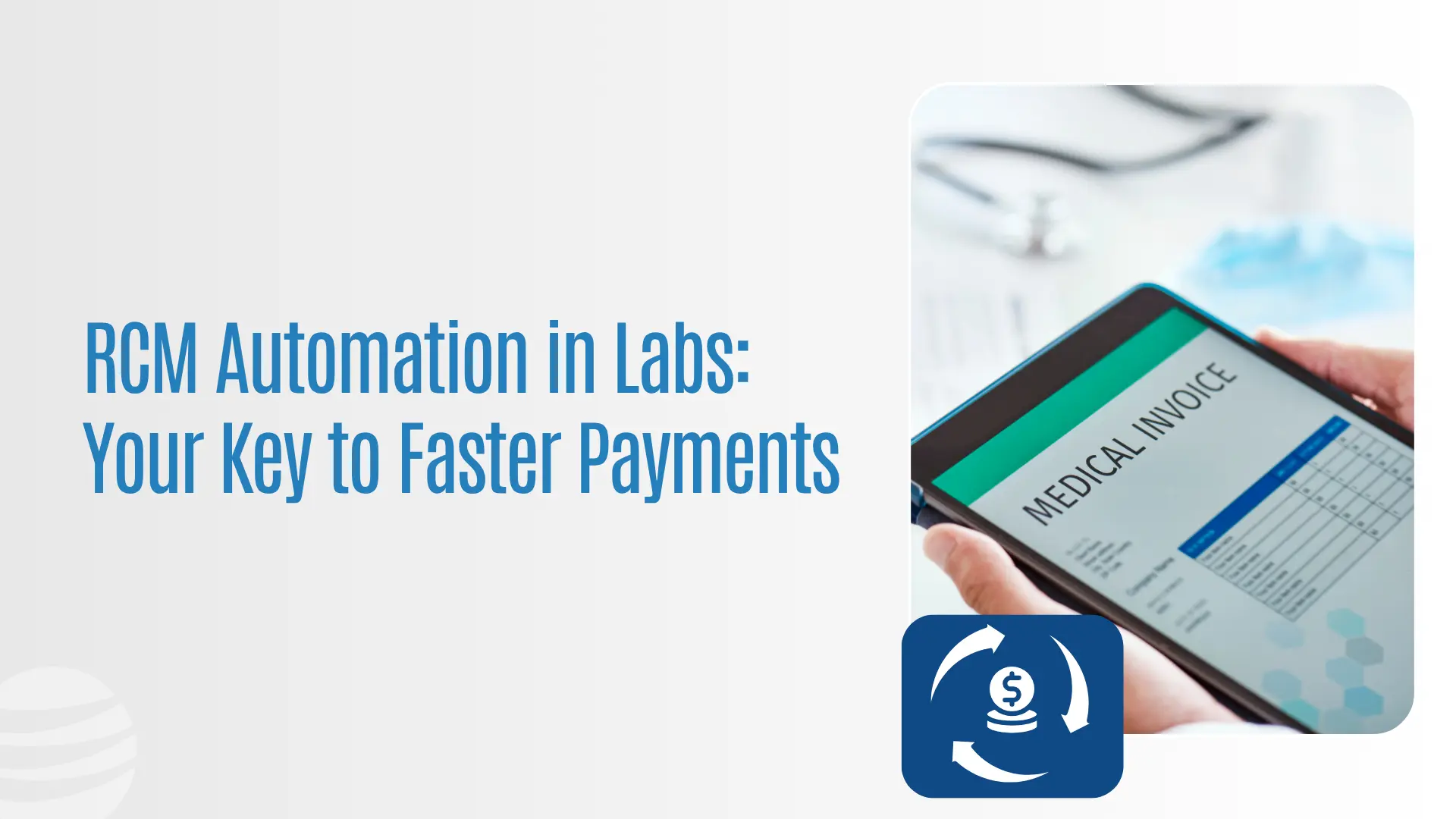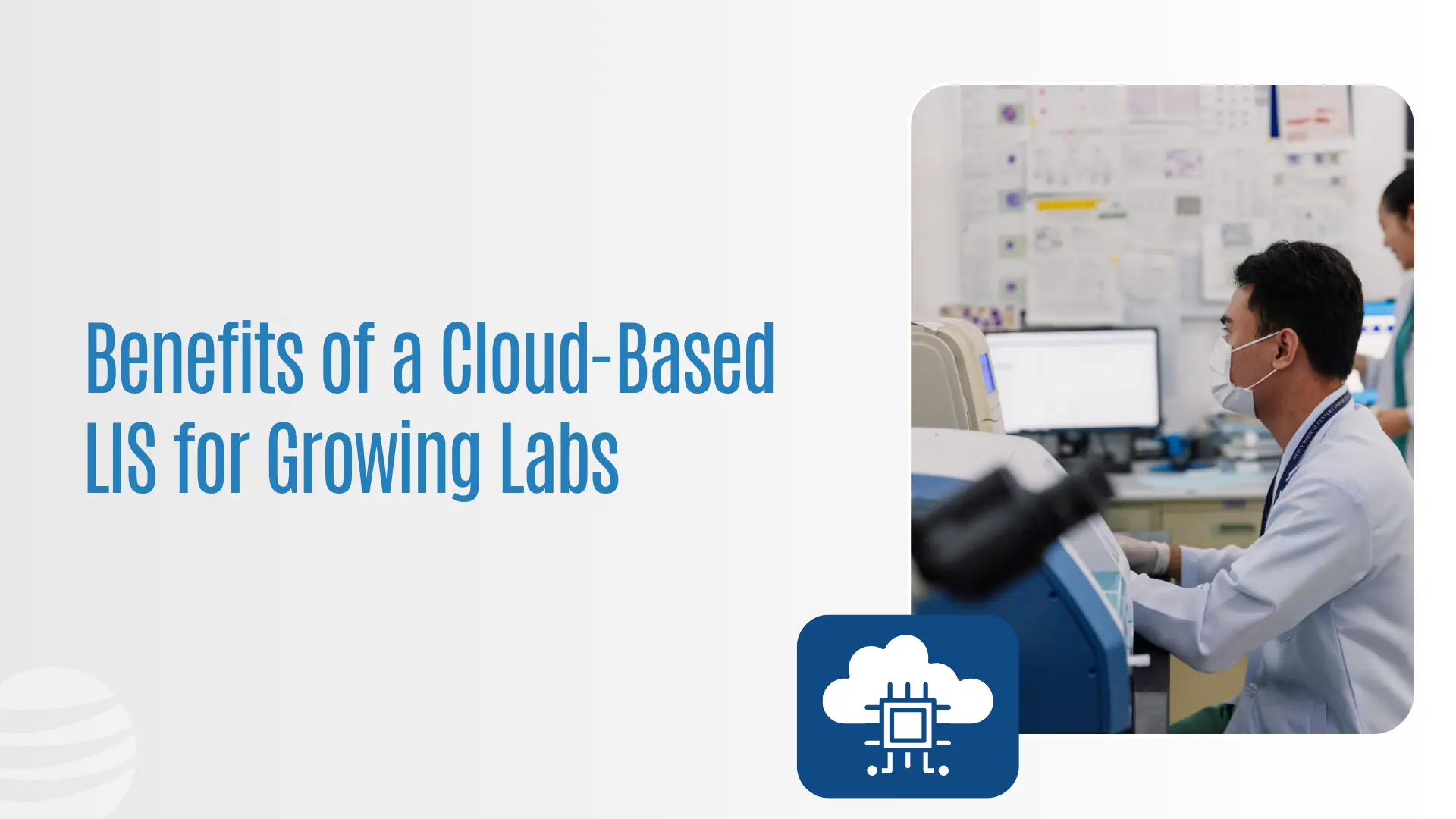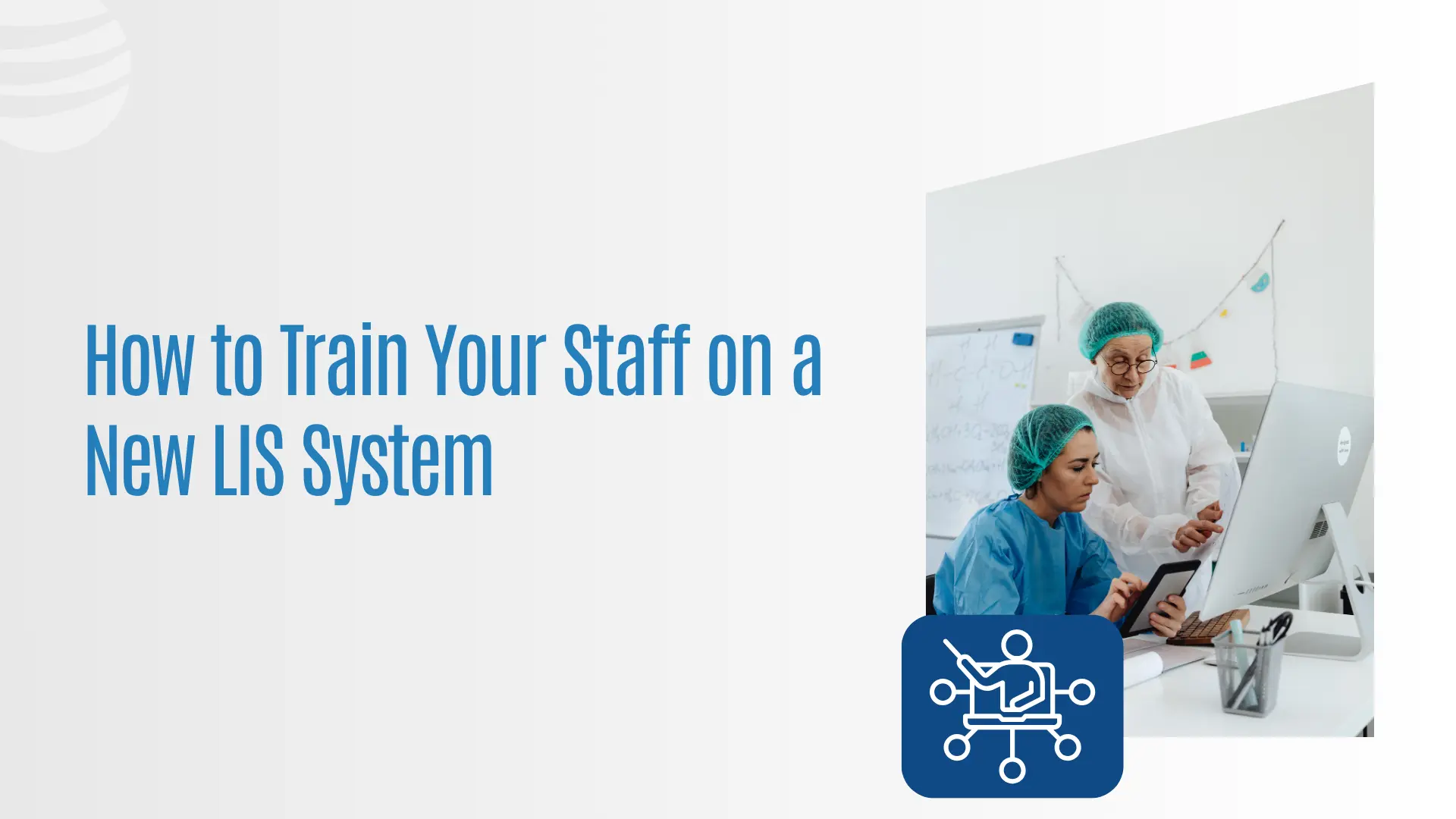Tips for Conducting Successful Laboratory Training
Why Laboratory Training is Essential to Operational Success
A well-trained lab team is the foundation of safe, accurate, and efficient laboratory operations. Whether you’re onboarding new hires, implementing a new LIS, or expanding your services, training directly impacts productivity, compliance, and turnaround time.
Yet many labs struggle to conduct effective training programs. Without structure, support, and follow-through, even experienced staff can miss critical steps leading to errors, slowdowns, or audit failures.
This guide shares practical, system-first tips for conducting successful laboratory training, so your team stays competent, confident, and compliant.
1. Start with a Clear Training Plan
Before training begins, define what success looks like.
- Set learning objectives: What should the trainee know or be able to do by the end of training?
- Segment by role: Training for a specimen processor differs from that of a technologist or supervisor.
- Define timelines: Establish how long each stage of training should take.
A structured plan helps trainers stay on track and ensures no steps are skipped.
2. Use Workflow-Based Learning
Rather than teaching features or theory in isolation, train staff in real-world workflows. For example:
- How to log in, access orders, and process a sample
- How to review and release results
- How to handle QC exceptions or flagged tests
- How to escalate issues or audit logs
This method builds both competence and confidence because it mirrors daily tasks.
3. Train on the Actual Systems They’ll Use
Whenever possible, conduct training on your live or mirrored LIS environment. Static PowerPoint slides don’t prepare users for the real interface, alerts, or workflows they’ll encounter.
With Prolis, for example, labs can use a test instance to safely train on order entry, result validation, QC workflows, and billing actions without affecting real patient data.
4. Include Compliance and Safety Protocols
Every laboratory training program should cover:
- HIPAA and patient data security
- Specimen handling and chain of custody
- QC documentation and error tracking
- Proper use of PPE and biosafety precautions
This ensures the lab remains compliant with CLIA, CAP, OSHA, and other regulatory bodies while keeping staff and patients safe.
5. Assign Mentors or Peer Trainers
Training shouldn’t end with a checklist. Assigning an experienced staff member as a mentor or peer trainer can:
- Reinforce workflows
- Answer day-to-day questions
- Spot gaps in understanding
- Reduce supervisor burden
Mentorship also supports a culture of learning and team accountability.
6. Track Competency, Not Just Completion
Successful training is measured by performance, not just participation.
Create competency checklists that assess:
- Task proficiency (e.g. completing a test run)
- System knowledge (e.g. navigating LIS modules)
- Scenario response (e.g. handling an error or reprint request)
Keep these records in your LIS or HR system for audit readiness.
7. Provide Ongoing Refreshers and Updates
Labs change. New tests are added, instruments upgraded, and LIS features updated.
Build a habit of continuous training:
- Short monthly refreshers
- In-service updates when workflows change
- Re-training before inspections or audits
- Role-specific updates for billing, QC, or compliance features
Prolis clients often use in-system alerts or documentation tabs to support just-in-time training.
8. Gather Feedback and Refine the Process
After each training session or onboarding cycle, ask for feedback:
- What part of the training was most helpful?
- Where did they feel lost or overwhelmed?
- Did they feel prepared to handle real scenarios?
Use this insight to improve the program and ensure new hires are better equipped each time.
Training Is a System, Not a One-Time Event
Effective laboratory training isn’t a task to check off. It’s a system that scales with your team, supports safety, and reduces risk.
Whether you’re implementing Prolis or managing complex workflows, investing in structured training pays off in:
- Fewer errors
- Higher staff confidence
- Faster adoption of new systems
- Better inspection readiness
- More consistent lab operations
Want to learn how Prolis supports training, onboarding, and lab adoption? 👉 Schedule a personalized walkthrough →




